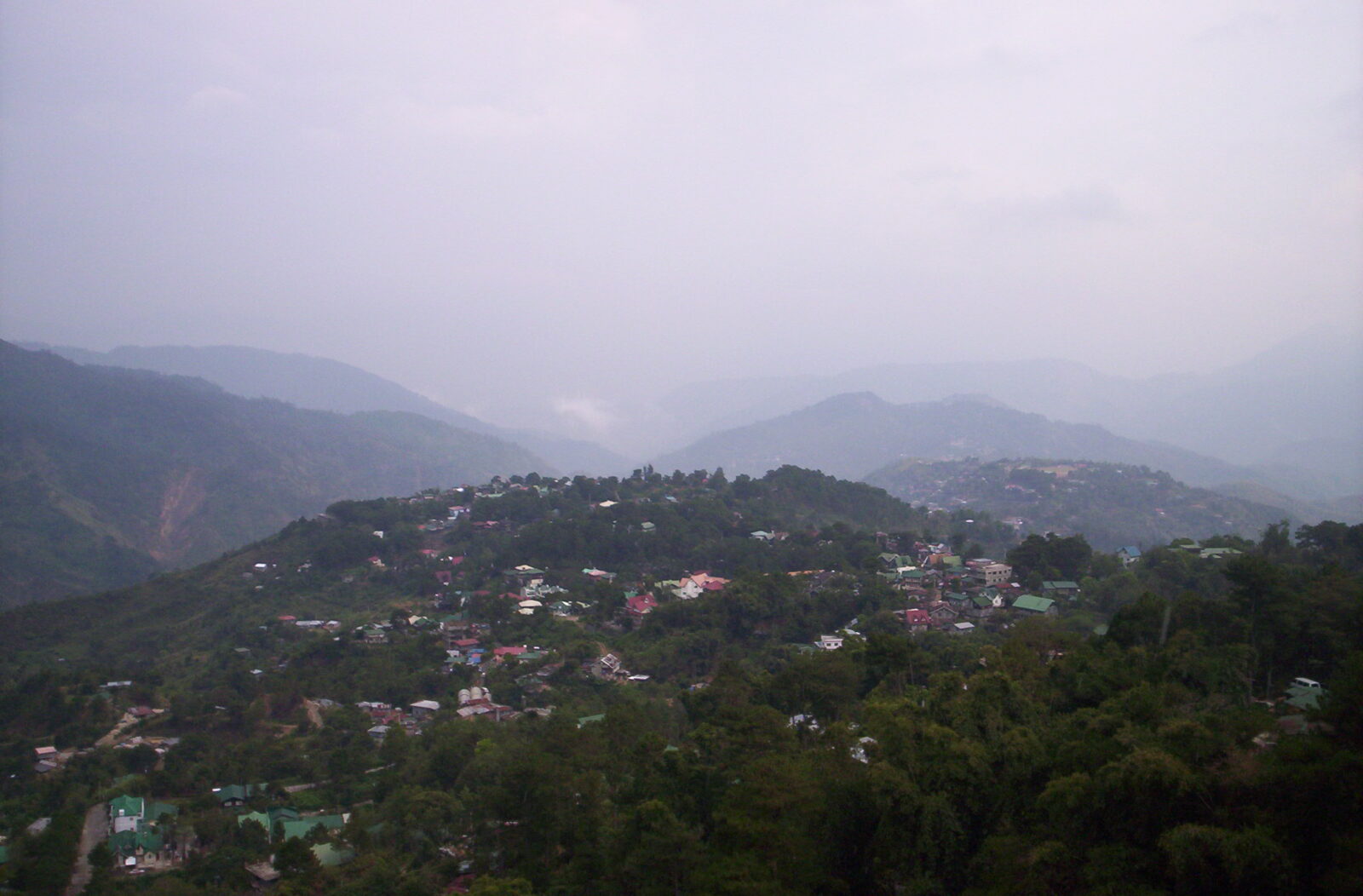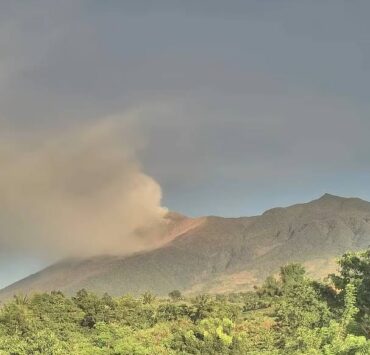PH mines must aim for local processing of metals, says industry leader

BAGUIO CITY—The country’s mines should start processing metals and other minerals in the Philippines, instead of selling raw ore abroad, an industry expert said on Thursday during the 70th Annual Philippine Mine Safety and Environment Conference held here.
Graciano Yumul Jr., a geologist and researcher who serves as president of Nickel Asia’s Cordillera Exploration Co. Inc., said this was to reduce the country’s vulnerability to supply chain disruptions amid world tensions and conflicts and the even more extreme weather due to climate change.
The Philippines has embraced green technologies to reduce its carbon footprint, as it deals with erratic weather that was best displayed by the succession of typhoons that recently struck the country in a matter of days, said Yumul.
“The world has breached the 1.5 degree [Celsius temperature] threshold it was fighting to avoid [and the progression of typhoons that ended last week with ‘Pepito’ (international name: Man-yi)] are six reasons why climate change is real,” said Yumul, who ran the state weather bureau until 2012 as undersecretary of the Department of Science and Technology.
Mining has become even more crucial to the economy due to rising demand for critical minerals needed to produce digital devices and electric vehicles and eliminate the use of fossil fuels.
“But we have to recognize that pricing [of world metals and minerals] is not dictated by mining—it is dictated by smelting companies,” Yumul pointed out.
The local industry is a top producer of nickel and copper, for instance, but unprocessed metals go to refineries in India and China which dominate the supply chain.
“Any transformation to clean energy would always have China as a major factor [for change],” Yumul said, after revealing that Chinese smelters have slowed down production and may even close next year due to supply constraints.
This situation could “open up supply chain problems for copper,” which would affect the Philippine economy, he warned.
Renewable energy
The refinery output has not been going to renewable energy projects, but to “nontransport and non-energy usage” like construction, Yumul explained, because green projects like electric vehicles have had a bad market start.
Yumul said building refineries is dictated by economics and business strategy, stressing, “We can’t keep saying we cannot compete.”
The industry will need to produce much bigger volumes of metals to sustain these refineries and make them cost-effective, but few mines have been opening, according to Luis Sarmiento, president of the Philippine Mine Safety and Environment Association, during a Nov. 19 news conference.
Because the Marcos administration has promoted the country’s “green transformation,” “we should not restrict mining exploration, since the Philippines’ competitive advantage is its mineral resources,” Yumul said.
Last year, the industry produced P249.71-billion worth of metallic minerals and exported $7.32-billion worth of unrefined minerals, according to government data. The industry is composed of 59 metallic mines, six nonmetallic mines, and quarries that operate on over 755,000 hectares of mineral lands.
Yumul also urged the government to finally compile a list of critical metals that would give the Philippines “leverage” in trade deals with countries that need the Philippines’ gold, copper, nickel and even coal.
“Coal has been fueling our green transformation,” Yumul said, because coal-fired plants are still the cheapest fuel for generating electricity.
Critical minerals, he said, are resources that are “important to the economy and national security and are most impacted by supply chain disruptions.”
For the moment, gold, nickel and copper are the Philippines de facto critical minerals, although titanium and manganese could be part of the list that is being developed by different government agencies including the Department of Environment and Natural Resources (DENR) and the Department of Energy, said Dr. Rogel Santos, who heads the Marine Geological Survey Division of the DENR’s Mines and Geosciences Bureau (MGB).
Santos’ team has been examining the potentials of offshore mining for extracting critical minerals and has been mapping the country’s territorial seabeds and coastlines. He outlined MGB’s marine surveys at the conference.
“Critical mineral listing is a national issue that has to be decided as soon as possible,” Yumul said.

















